6. Dogville (2003)
The Winner: Elephant
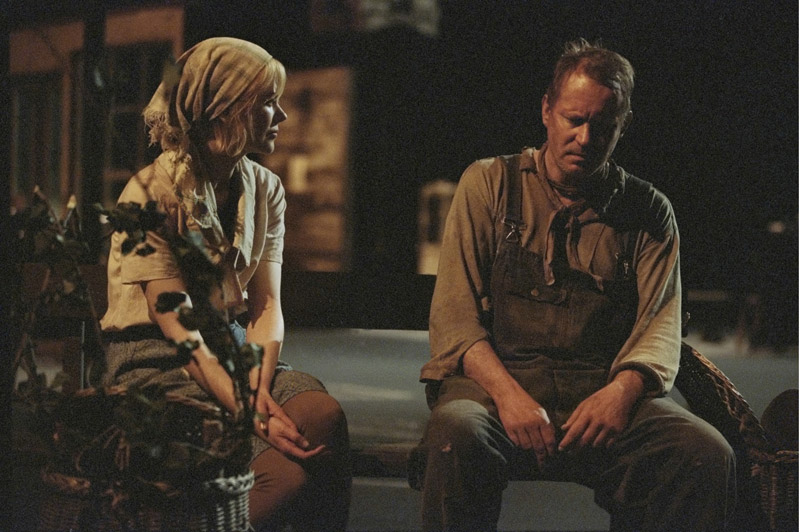
Another von Trier film was more deserving of winning the award, two years following Dancer in the Dark. It’s an accomplished and well-acted piece, with an intriguing setting: set in a small American town, von Trier shot the film on one large stage, with everything marked out in chalk. Typical of the director, it’s a great experiment in filmmaking techniques.
Nicole Kidman is her usual excellent self as Grace, a mysterious stranger who arrives in this anonymous area, on the run. The local people agree to hide her in exchange for work. Dogville is a playful piece, keeping the audience on edge, and is very Brechtian in its form; it’s all about the performance and theatricality.
Gus Van Sant’s eerie, tmely Elephant was victorious. Inspired by the mass shootings that unfortunately occurred at Columbine High School in 1999, it’s a clear attempt to try and come to terms with the senselessness of that event while not trivialising it.
It’s neither melodrama nor documentary, but placed somewhere mysteriously in between. We are placed right within the action, in real time, with both victims and perpetrators. It’s a daring and ambitious piece but Van Sant is too noncommital, too vague with his finish that it’s hard to reconcile with the film overall.
The meandering takes and discomfiting intimacy make can make for difficult viewing, especially when we don’t know what the director’s main aim was by making Elephant. It polarised critics – and continues to do so – and Dogville’s experimentation and execution feel more deserving of note.
7. Inside Llewyn Davis (2013)
The Winner: Blue Is the Warmest Colour
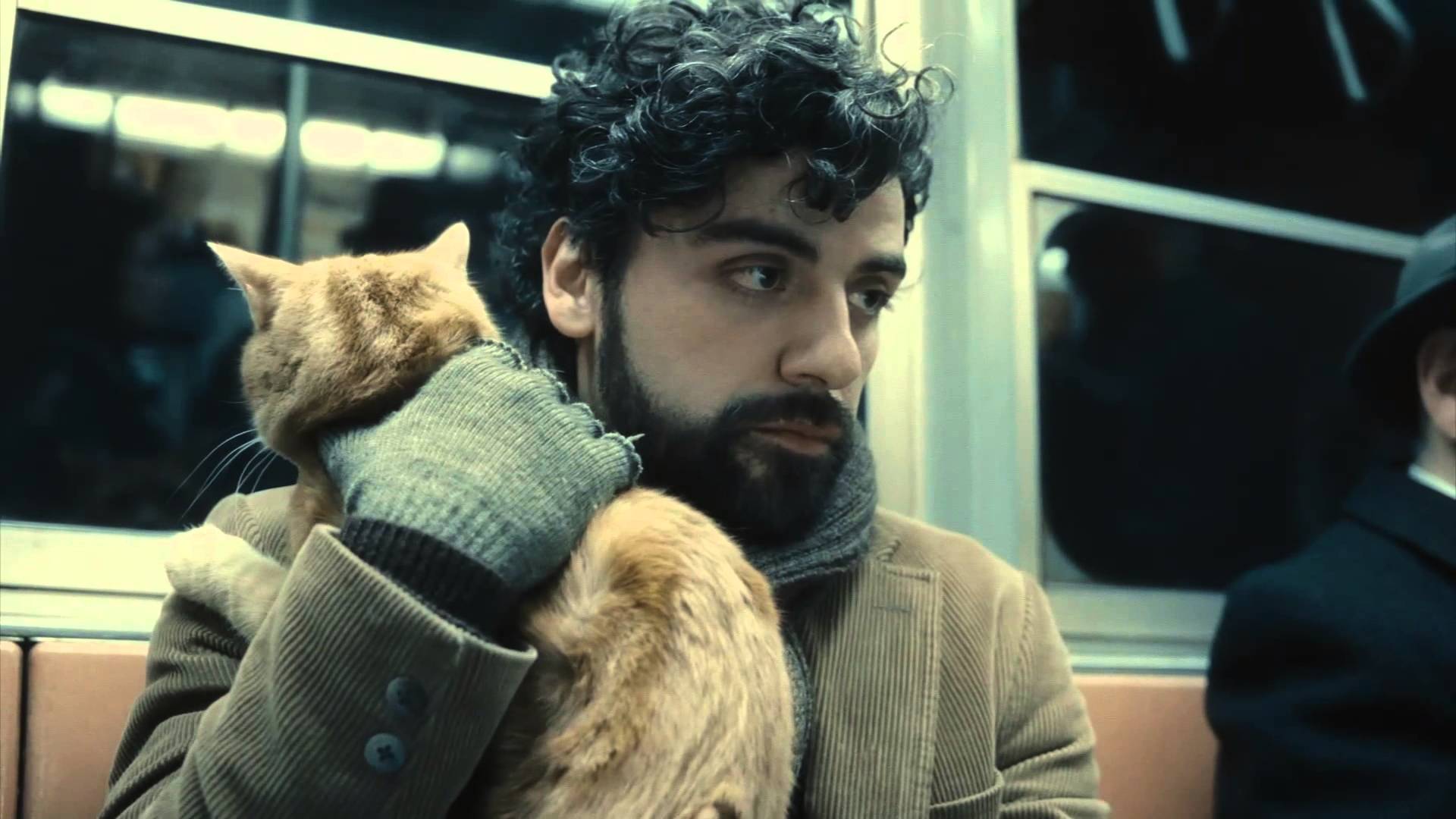
Blue Is the Warmest Colour was a sensation at Cannes. It was commended for its sexual boldness and uncompromising style, which was merited. It was notable that the Palme d’Or was bestowed not just on the film but included its lead actors, Lea Seydoux and Adele Exarchopoulos. The film is, essentially, theirs, a tale of young romance between two girls. It’s raw and real, and the performances of both leads is powerful and mesmerising.
What doesn’t sit so well with some critics, however, is the relationship the director Abdellatif Kechiche has with the film. It’s truly the explicit sexual encounters contained in the film that accorded the great attention, and swerved dangerously close to being too much.
Indeed, both Seydoux and Exarchopoulos have since expressed discomfort about their experience making the film, expressing doubt about the final form of it through Kechiche’s eyes.
Inside Llewyn Davis, in contrast, had no controversy surrounding its making. Magnetic acting performances, haunting cinematography, and excellent writing added up to an almost perfect cinematic experience.
To enter the Coen brothers vision of the budding 1960’s New York City folk scene is to lose oneself in the realised world. Llewyn Davis is never going to be Bob Dylan (who is alluded to) but he has talent and we know this. He sings songs with passion, pain, and frustration, amidst a haze of cigarette smoke.
The structure of the film is incredible, coming full circle, and the viewer can feel an empathy and understanding with its title character by the end as a result. Unlike previous entries in their filmography, there’s never the sense that the Coen brothers fully dislike their leading man; rather, they acknowledge his surliness and issues but make clear his wit and ability.
Each scene is devastating in its own way, cloaked in an intoxicating atmosphere, as would be expected with a film about the folk revival music scene. Not only does the soundtrack linger long in the memory, but the film as a whole. Perhaps the Coen brothers will never top this effort, perhaps they will find a new depth, but what will never change is the filmic masterpiece that Inside Llewyn Davis is.
8. Two Days, One Night (2014)
The Winner: Winter Sleep
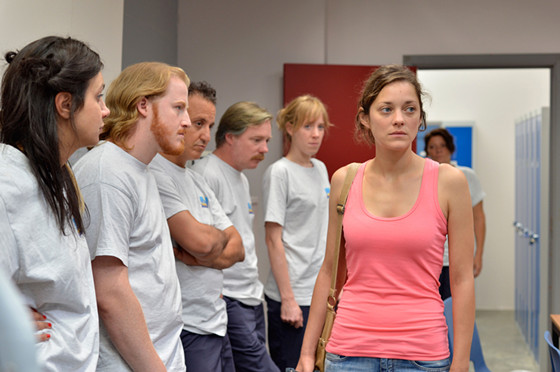
Sometimes films on epic scale can impact rewardingly; sometimes they fail to affect their audience in the right way. Winter Sleep, by Nuri Bilge Ceylan, is a dense and intellectual piece, and a hard one to interest a neutral audience.
Its lack of convention, particularly in its narrative, can be impenetrable, especially over a three hour running time. The film follows Aydin, a man of many forms, and is mostly a character study of him. What it lacks, though, is a feeling of reality, or realness, in stark contrast to the overwhelming Two Days, One Night.
Perhaps the Dardenne brothers finest work to date, it uses its far shorter running time to much better effect than Ceylan; it’s a minimal socialist piece with a heavy impact. Using a star name for once, Marion Cotillard doesn’t disappoint in the main role as Sandra, a depressed mother who faces losing her factory job due to her mental illness.
We follow her as she tries to convince each of her coworkers individually to stick by her and help her. It’s the most mainstream offering from the Dardennes without ever losing their fiercely humanistic streak. There is much misery on show but it’s all bounded by a deep belief in human kindness that can ultimately overcome. They’re content to let their floating camera focus on Cotillard’s magnetism, her rousing performance aching with heartbreak and frustration.
Like Loach a favourite of Cannes, it’s quite surprising that they didn’t receive the highest award for this piece; their effort was an exercise in controlled and constrained perfection, not bloated or overworked in any way.
9. The Lobster (2015)
The Winner: Dheepan
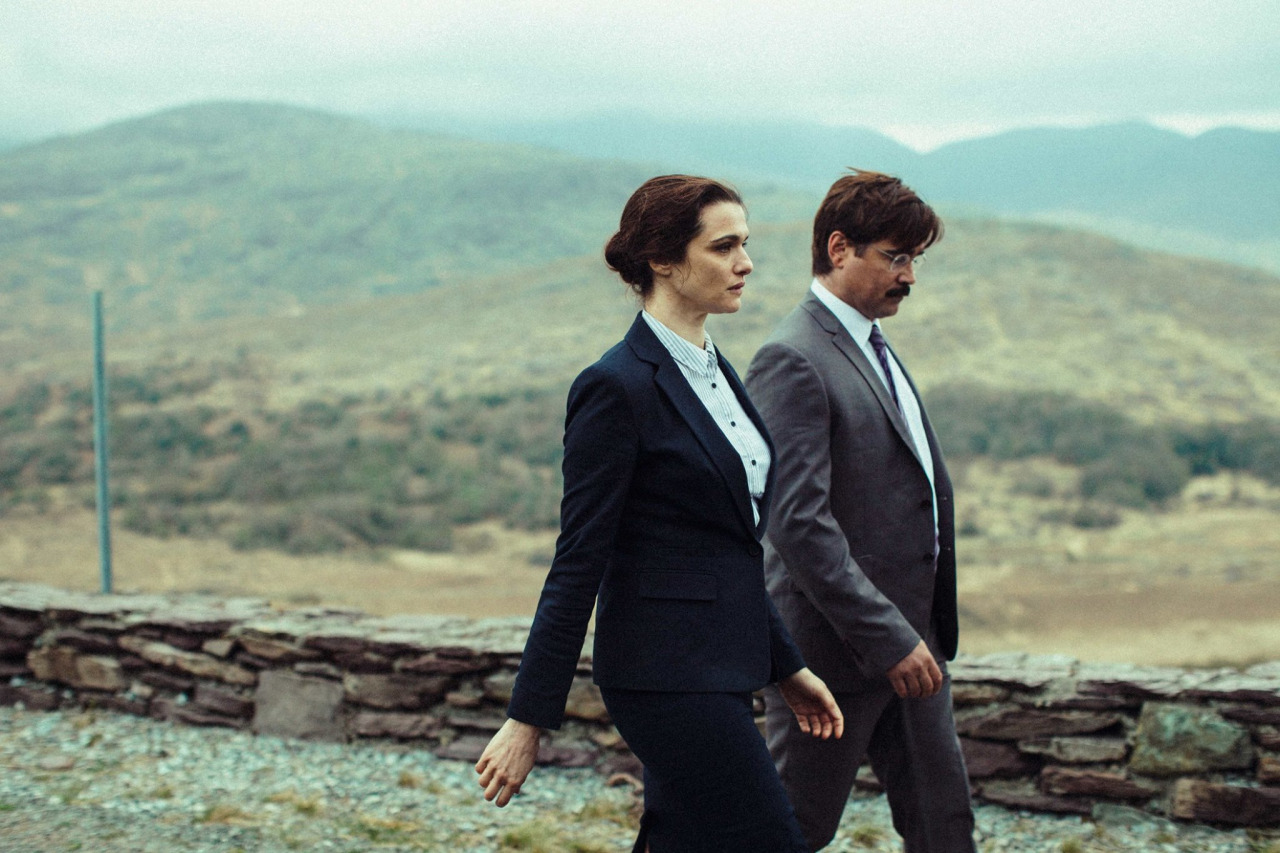
Such an original vision, The Lobster has to be seen to be believed. It’s a completely absurd piece of science fiction: set in a not too distant future, single people are given just 45 days to find a person to partner with, else they’re transformed into an animal of their choice.
Extra days can be gained by catching singles trying to escape alone. The performances are perfectly calibrated, as Yorgos Lanthimos wants them to be, and actors like Colin Farrell fully commit to the droll and deadpan tone of it all.
If one is able to wade through the layers of surreal, important messages about individuality and connection are there; everything in The Lobster is expertly observed and it’s truly an auteur’s film. It even somehow manages to keep a romantic touch throughout, albeit in an absurdist way, and Lanthimos acknowledges that true love is never easily fulfilled.
Dheepan, on the other hand, never rises to such a level of quality. An unconventional family drama by Jacques Audiard – who made films like A Prophet (2009) previously – doesn’t develop his ideas as well here. It follows a trio of strangers from a refugee camp in Sri Lanka who decide to pose as a family, moving to a rough suburb of Paris where they try to survive.
There are senses of Loach in the social messages in the film but too often it resorts to caricatures of both its characters and setting; Audiard’s idea of modern-day France seems reductive and reactionary. It’s not necessarily a bad film, certainly, but its limitations are profoundly stark in comparison with Lanthimos’ unique creation.
10. Paterson (2016)
The Winner: I, Daniel Blake
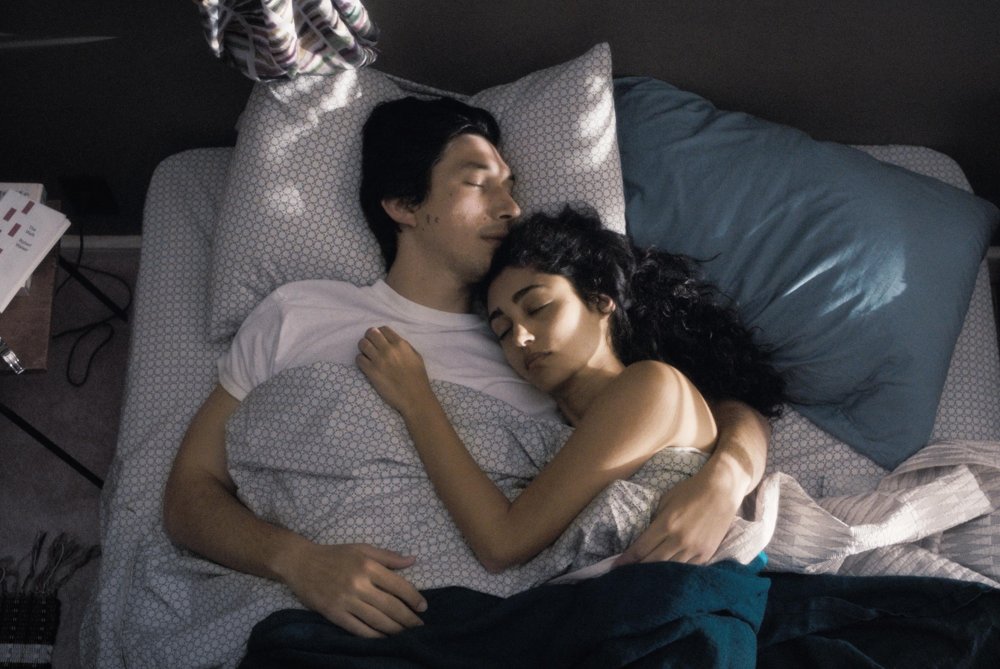
The most recent year saw Cannes favourite Ken Loach’s political realist film beat some stern competition. I, Daniel Blake was a moving piece, about a struggling 59 year old widower fighting against the authorities who won’t give him the help he feels he’s due.
The win made Loach one of only a few filmmakers to have won the Palme d’Or twice – including Michael Haneke and Francis Ford Coppola – but not every critic was unanimous in their praise.
The film feels less like a great feat of cinema than a powerful, but obvious, political manifesto. Along with regular screenwriter Paul Laverty, the explicitly left-wing work has the right message, certainly, but it’s presented so formally and perfunctory.
Far superior is the poetic and quietly beautiful Paterson. Jim Jarmusch’s inimitable style was enhanced by the melancholy of this film, a work of full life. It followed the titular Paterson – also a resident in Paterson, New Jersey – as he goes about his usual daily routine, driving his bus around town, walking his dog, and being blissfully content with his loving wife Laura.
Each day is presented to the viewer and we see the poetic quality in small moments: Paterson notices pairs everywhere he goes; he meets a visiting Japanese tourist attracted by the writing of William Carlos Williams; he overhears a rapper as he passes by a laundromat.
Throughout Paterson scribbles his own poetry, before a darkly comical moment when his dog Marvin ruins his notebook. Paterson is reluctantly accepting of this, of course, and we end the film as he embarks on another day in his life. Jarmusch never patronises his small-town poet, smartly, and we are never to decide if Paterson is a wasted talent or a limited nobody; rather, the intention is to show that life can be accepted and enjoyed in any form, no matter how large or small.
Poetry, to Jarmusch, doesn’t have to be masterful, for it’s contained in everyday existence. Loach had to be admired for his renewed fire as he watched his country being ruined by a Conservative government again, and I, Daniel Blake does serve a purpose, but the true work of art in competition that year was Paterson.
Author Bio: Conor Lochrie is a Glaswegian currently travelling and working in New Zealand after 4 long and arduous years at university which he survived with a degree in Central and Eastern European Studies. Unsurprisingly, he now works in a warehouse but would much rather be watching and writing about cinema.